Vivette South Fruit producing area | beans characteristics and baking ideas of Pacamara | how to bake Polsa?
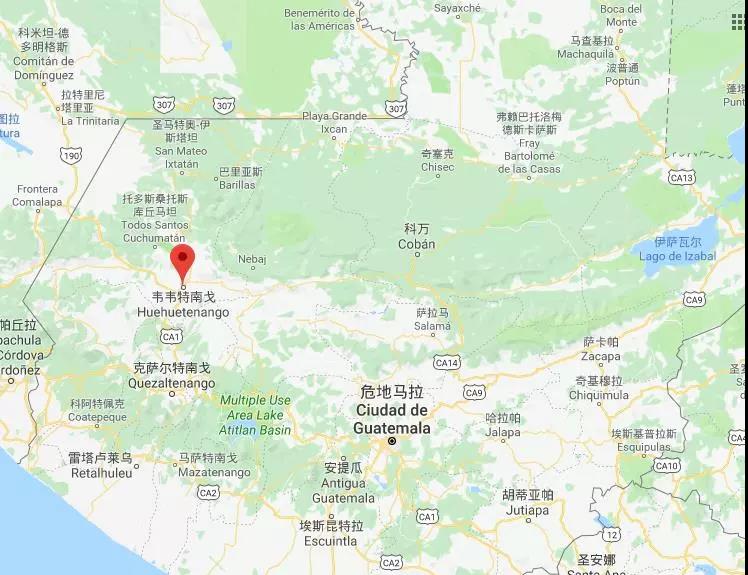
Professional coffee knowledge exchange more coffee bean information please follow the coffee workshop (Wechat official account cafe_style)
Discussion on Vivette Nan Fruit Coffee | sharing of Pacamara Flavor characteristics and Baking Adjustment
Yesterday we introduced Guatemala's famous coffee producing areas and representative coffee beans, and today we're going to learn more about one of the high-quality coffee producing areas: Vivette Nango and one of the beans. And the baking adjustment and sharing according to its flavor characteristics--
| 01 | Overview of production areas |
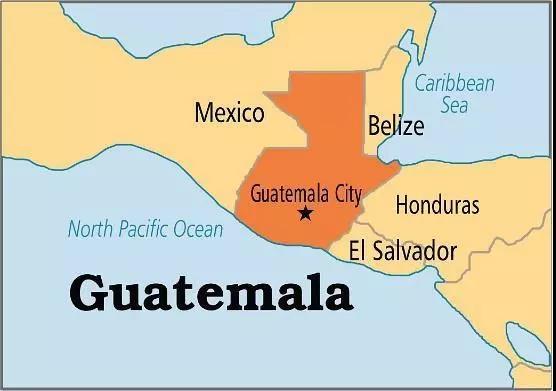
Located in Central America, Guatemala is bordered by the Pacific Ocean to the west, the Caribbean Sea to the east, Mexico to the north, Belize to the northeast, Honduras and El Salvador to the southeast. Vivette South Fruit Highland, there is warm and humid air from the Caribbean from the Central Mountains, misty, changeable climate; the land is a volcanic area, cultivating fertile volcanic soil; in addition, it is located at the edge of plate activity, creating a severe alpine basin topography under such changeable wind and soil conditions, giving birth to a rich and lively coffee style, resulting in high-quality Vivette Nanguo coffee beans, high-quality coffee produced in the highlands. Vivette South Fruit Coffee beans are produced at an altitude of more than 4500 feet and belong to high-quality SHB (extremely hard beans: Strictly Hard Bean-4500 feet above). The special growing environment and good washing place make this coffee highly respected in the international community!
02 | Flavor characteristics of Vivette South Fruit
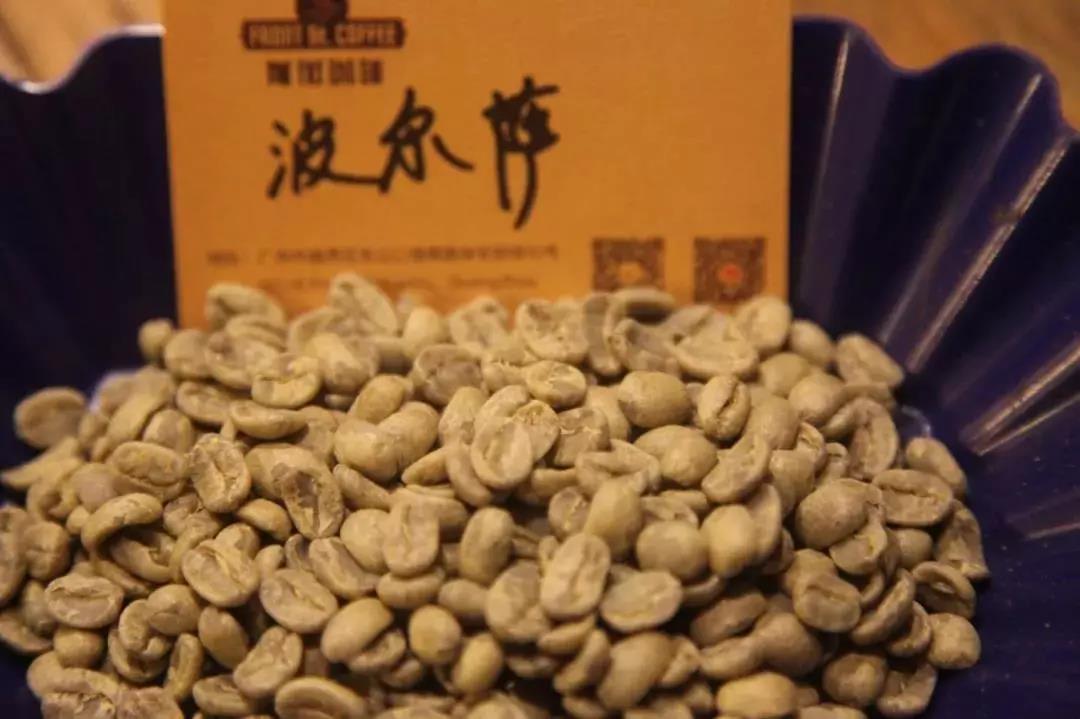
Vivette South fruit coffee beans, fruity aroma, rich and varied layers, it has a unique flower and fruit flavor, refreshing flavor. The dry fragrance gives off a black cherry-like sweetness with a slight smoky smell. After drinking the aroma of caramel and glycol emerge, waiting for the temperature to drop, there is a little lemon fragrance, and exudes a delicate sweet taste.
03 | Pacamara flavor characteristics
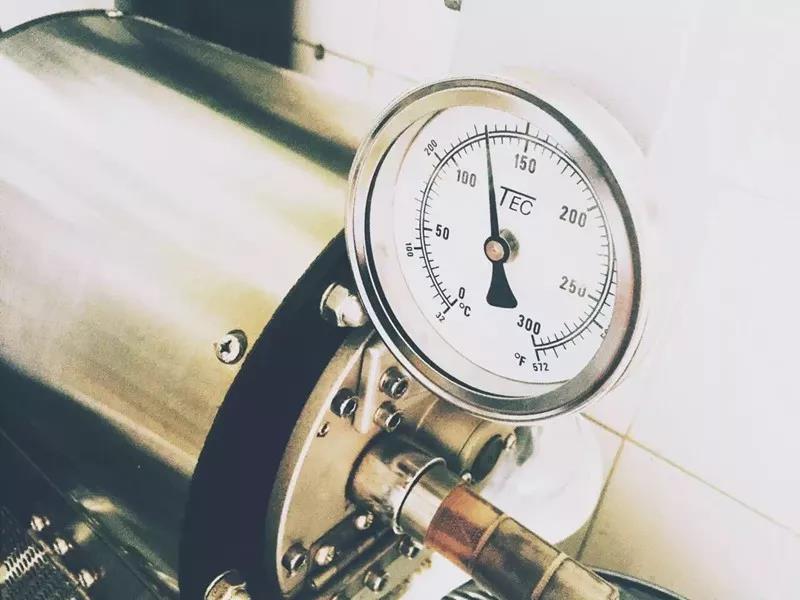
The delicious variety "Pacamara Pacamara" is actually a hybrid variety cultivated in El Salvador in 1958. It inherits the size and rich acidity of elephant bean Maragogype as well as the aroma and sweetness of bourbon Bourbon variety Pacas Pacas, so it produces outstanding varieties with unique flavor, excellent acid quality, good sweet feeling and strong body.
In addition, Pacamara has a special fragrance-spice, which shows the aroma of pepper and nutmeg. But it also has some disadvantages: the latter paragraph and the afterrhyme are not long enough, the smell of pepper is not liked by everyone, and can not be removed by baking, and will become more prominent as the baking degree increases.
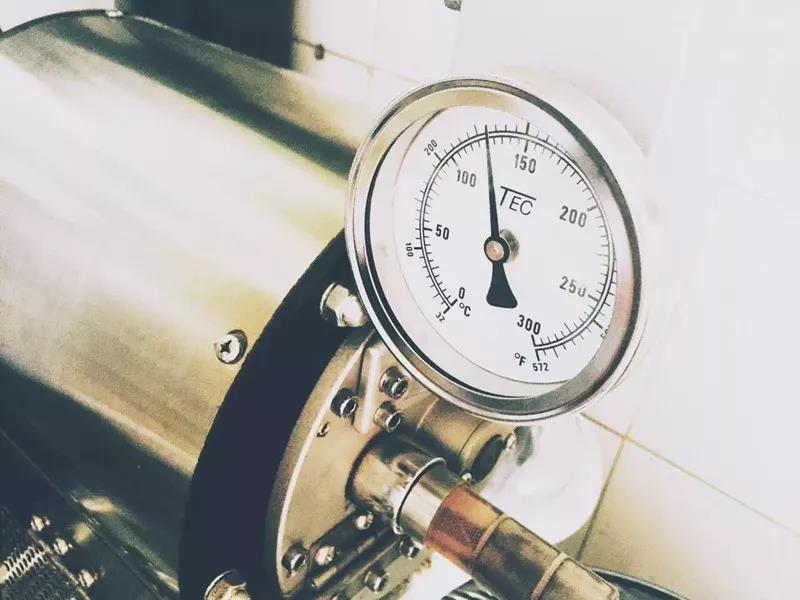
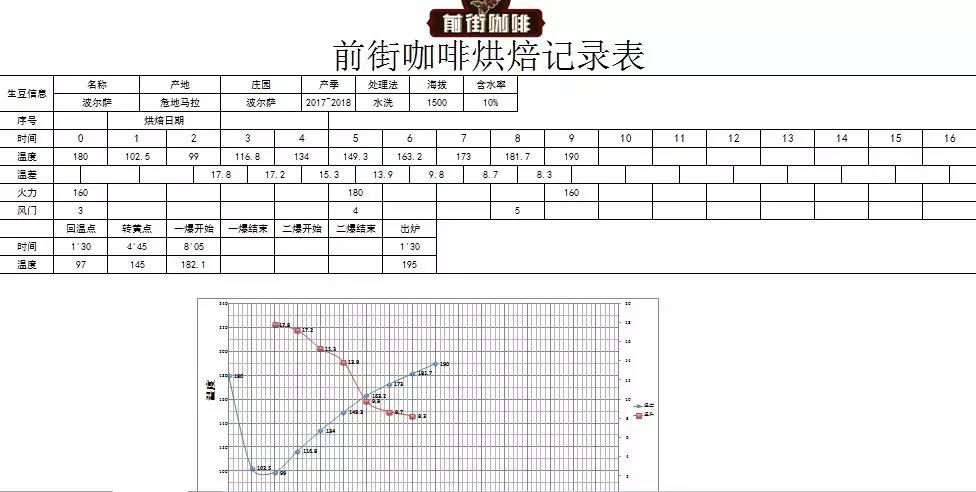
04 | Bake adjustment analysis
* the purpose of this baking is to explore the combination of Vivetna fruit characteristics and the flavor of Pacamara species, and the point of view is for reference only.
Guatemala SHB coffee beans have high hardness. In order to fully stretch and develop the flavor, and to maintain the high-quality sour taste of Guatemalan coffee, we can take the operation of "pulling acid" when roasting-- increase the firepower at the turning yellow point, keep the temperature curve climbing steeply to achieve the purpose of increasing fire, promoting aroma and explosion, higher temperature rise also helps to remove some pepper flavor, while to an explosion and dense fire reduction, make "sweetening" operation. To develop sweetness, turn off the heat and glide before adding beans to increase the taste and maturity. The smoky taste of Vivetna fruit will be more obvious in the deeper the baking degree, and the pepper flavor of Pacamara should use a lighter baking degree, so we designed the beans at about 13 degrees, and the coffee beans are at the end of the explosion, which belongs to shallow roasting.
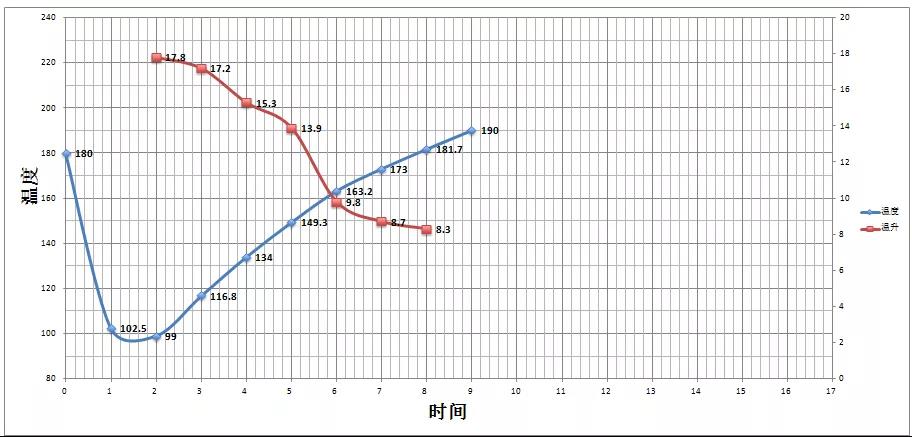
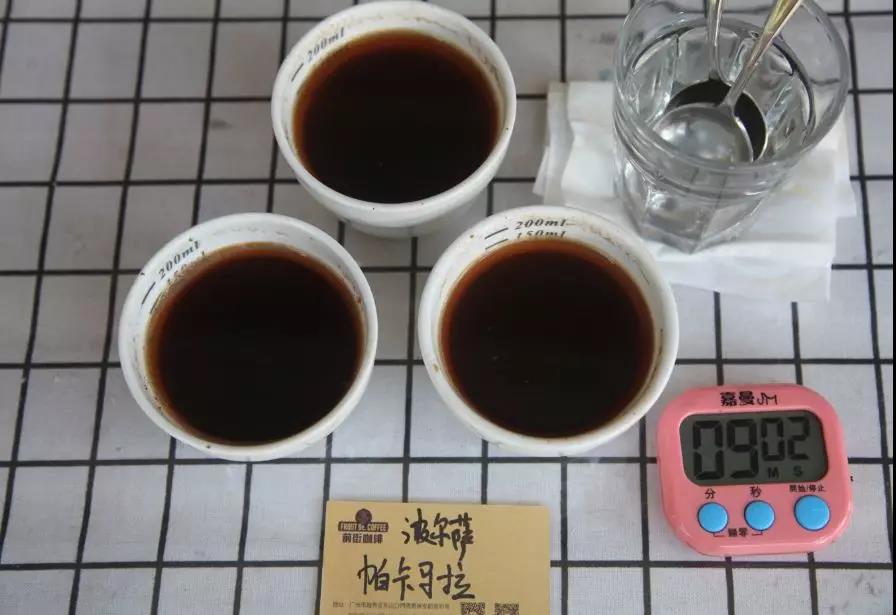
Yang family 600g roaster, 500g bean dosage, baking room temperature 29 ℃, humidity 50%
The more hot the roaster is, the more hot the roaster is 180 ℃, the firepower is 160,150 ℃ turns yellow for 5 minutes, the firepower is 180160 ℃, the brown point throttle is opened to 4182 ℃, the throttle is fully opened, the firepower of 188℃ is adjusted back to 160. coffee beans are observed to stretch, 192 ℃ to turn off and glide, to 195 ℃ to smell the strong sweet aroma decisively under the bean cooling.
05 | Cup test analysis
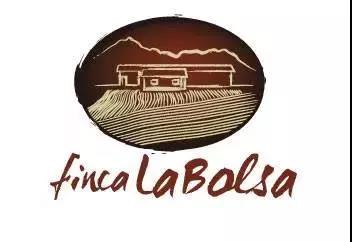
Compared with previous baked products, the adjusted Pacamara of Polsa Manor is equally excellent in sweetness, showing more nutmeg aromas, with almond chocolate in the middle, smoke developing more like the warm aroma of tobacco, and a plum fruit and biscuit aroma in the mouth. On the other hand, the flavor of the original curve tends to the flavor of sour and sweet fruit, which is relatively weak in body, without chocolate and tobacco flavor, and the bitterness is relatively light.
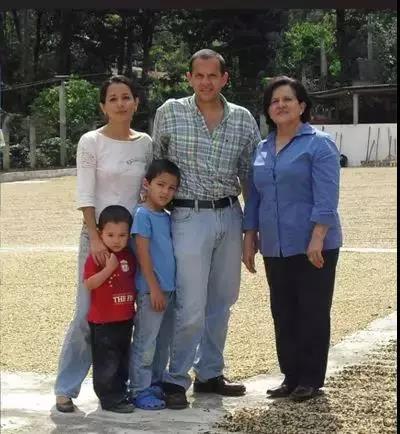
Sweetness: ★★★
Acid quality: ★★
Bitterness: ★
Richness: ★★
Taste: ★★
Yu Yun: ★★
| 06 | Summary |
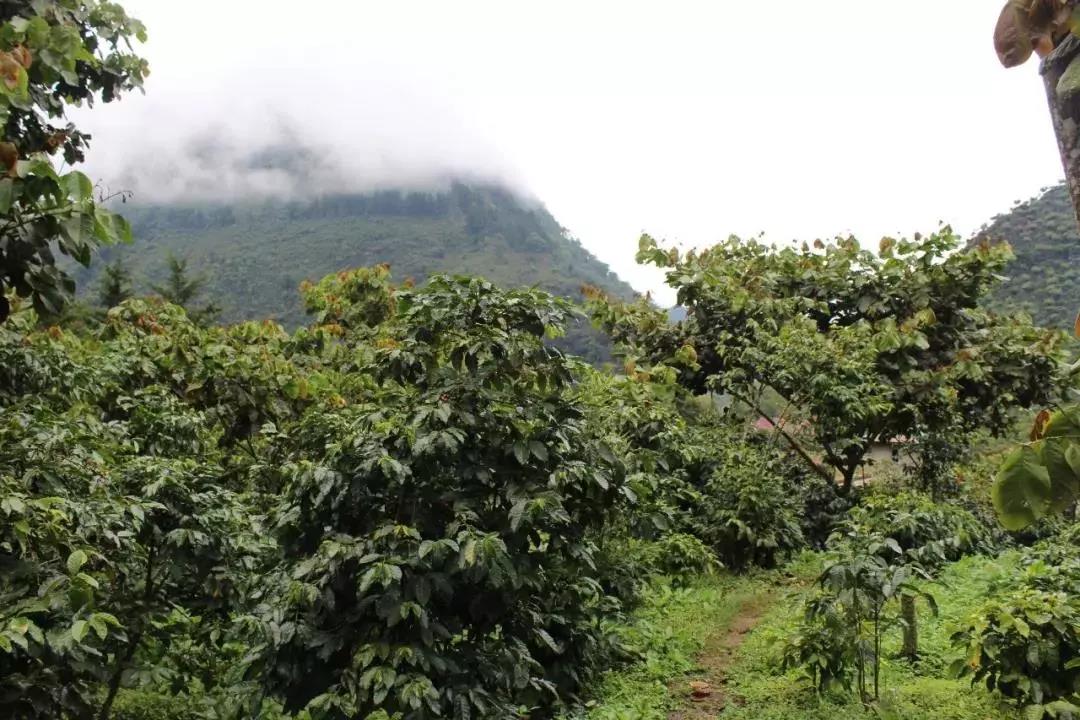
Guatemalan caffeine is called "cigarette coffee" for its rich taste and unique smoky aroma. But the smoky taste is not obvious in this Pacamara, which makes us have a different view of dangerous country coffee, and the bright acidity of high altitude coffee turns into sweetness as soon as it is imported. Pacamara with the Bourbon gene is not as sour as the Bourbon-derived varieties SL28 and SL34 in Kenya, but as sour and sweet as plums, and the overall impression is good.
07 | Appendix
Introduction to Polsa Manor

Polsa Manor, located in the province of Laliberta in Guatemala, produces coffee of stable quality. the coffee produced by this estate has won a number of coffee cup test awards, and their coffee is often seen in various barista competitions.
Polsa Manor is adjacent to the most famous Incht estate in Guatemala, and the quality produced is indistinguishable and is often difficult to choose in a variety of competitions. In 1956, Dr. George Jorge Vides (Dr. Jorge Vides) bought the fertile land and began his career of growing coffee. Now it is the third generation of Mr. Renardo Ovalle to manage the estate.
The Peters family located the estate at its core in the valleys of the Cuchumatanes Mountains, through which two rivers pass, setting up many daily institutions along the riverbank, such as schools, farmhouses, hydroelectric farms and, most importantly, raw bean washing plants and drying plants.
Of the current land area of about 100 hectares, 80 hectares are used to grow coffee trees and use organic compost and water sources produced by the natural environment. Most of the local coffee trees are 15 years old, with 3 to 4 times of pruning, 3 to 4 times of pest control, 3 to 4 times of fertilization, and four times of harvest during the harvest season, unlike other Guatemalan estates. because the mountain is very steep, all the work must be done by hand, strengthening the quality of the coffee, but also making the production work very hard.
In 2002, Polsa Manor won second place in the Excellence Cup in Guatemala, winning the title with a high score of 94.98.
In 2005, Polsa Manor was selected by Anacafe and German channel DWTV as the protagonist of Vivetnam's coffee documentary to shoot how to produce high-quality coffee in Guatemala, which is now well known in coffee producing areas around the world.
This batch is the micro-batch [washed Pacamara] of the cheetah project, with a global limit of 138 kg. Excellent coffee varieties, excellent geographical environment, coupled with meticulous processing, to get this rare [micro-batch] boutique coffee beans.
Important Notice :
前街咖啡 FrontStreet Coffee has moved to new addredd:
FrontStreet Coffee Address: 315,Donghua East Road,GuangZhou
Tel:020 38364473
- Prev
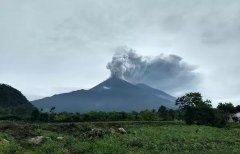
What is the difference between Antigua, Vivette Nango and Farahan coffee beans in Guatemala?
Professional coffee knowledge exchange for more information on coffee beans, please follow the coffee workshop (official Wechat account cafe_style) evaluation | what is the difference between Antigua, Vivette Nan and Farahan producing areas in Guatemala? Guatemalan coffee is very famous, located in Central America, where the geographical environment is unique, north and North America, south and South America border. Due to the face of the Caribbean and Mexico
- Next
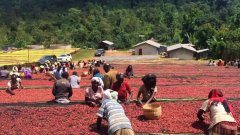
Top quality Yega Snow Coffee Fine Coffee Red Cherry, what's the flavor?
Professional coffee knowledge exchange more coffee bean information please follow the coffee workshop (Wechat official account cafe_style) Ethiopian coffee mainly has eight major producing areas, namely: Lekempti, Limu, Illubabor, Djimmah, Harar, Teppi/Bebeka, Sidamo, Yirgacheffe. Yejasuefei is a small town in Ethiopia, 1700-2100 meters above sea level
Related
- Detailed explanation of Jadeite planting Land in Panamanian Jadeite Manor introduction to the grading system of Jadeite competitive bidding, Red bid, Green bid and Rose Summer
- Story of Coffee planting in Brenka region of Costa Rica Stonehenge Manor anaerobic heavy honey treatment of flavor mouth
- What's on the barrel of Blue Mountain Coffee beans?
- Can American coffee also pull flowers? How to use hot American style to pull out a good-looking pattern?
- Can you make a cold extract with coffee beans? What is the right proportion for cold-extracted coffee formula?
- Indonesian PWN Gold Mandrine Coffee Origin Features Flavor How to Chong? Mandolin coffee is American.
- A brief introduction to the flavor characteristics of Brazilian yellow bourbon coffee beans
- What is the effect of different water quality on the flavor of cold-extracted coffee? What kind of water is best for brewing coffee?
- Why do you think of Rose Summer whenever you mention Panamanian coffee?
- Introduction to the characteristics of authentic blue mountain coffee bean producing areas? What is the CIB Coffee Authority in Jamaica?

